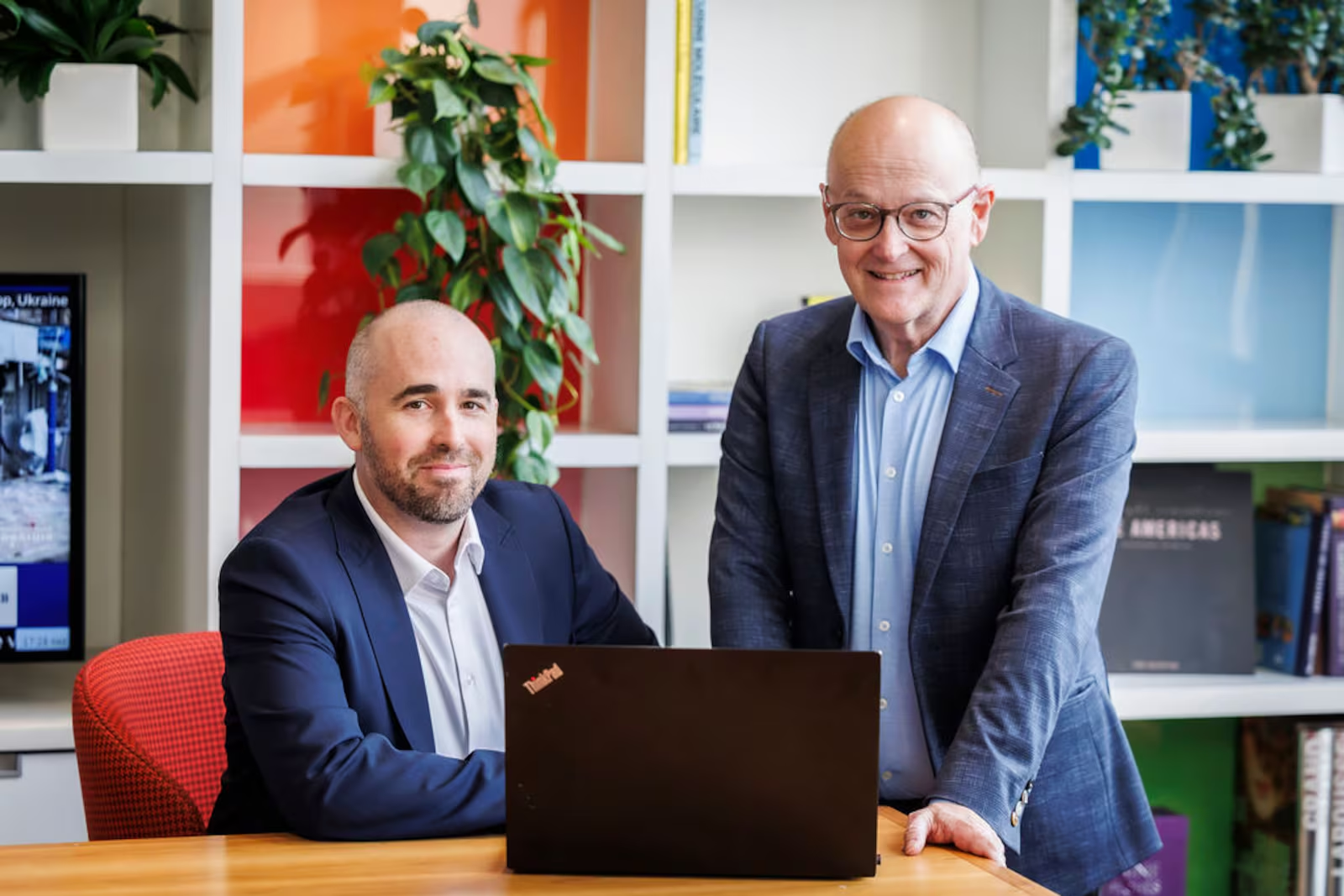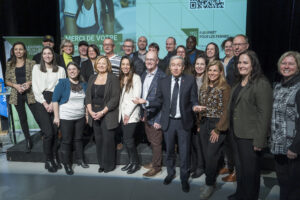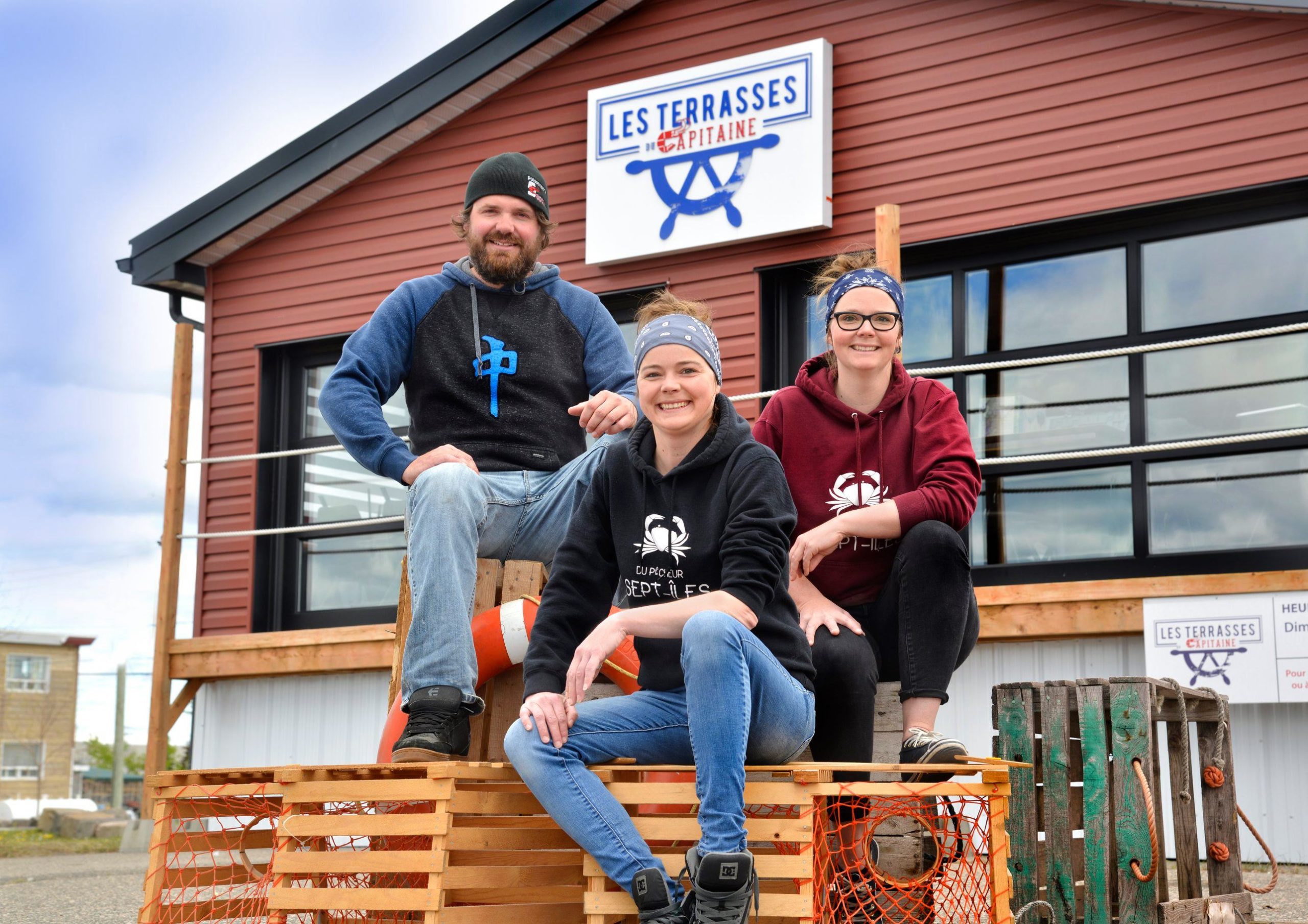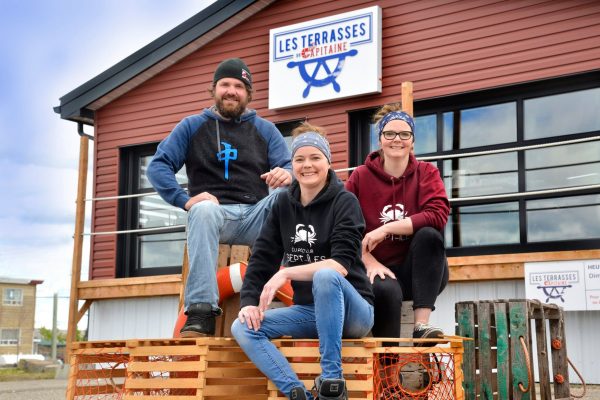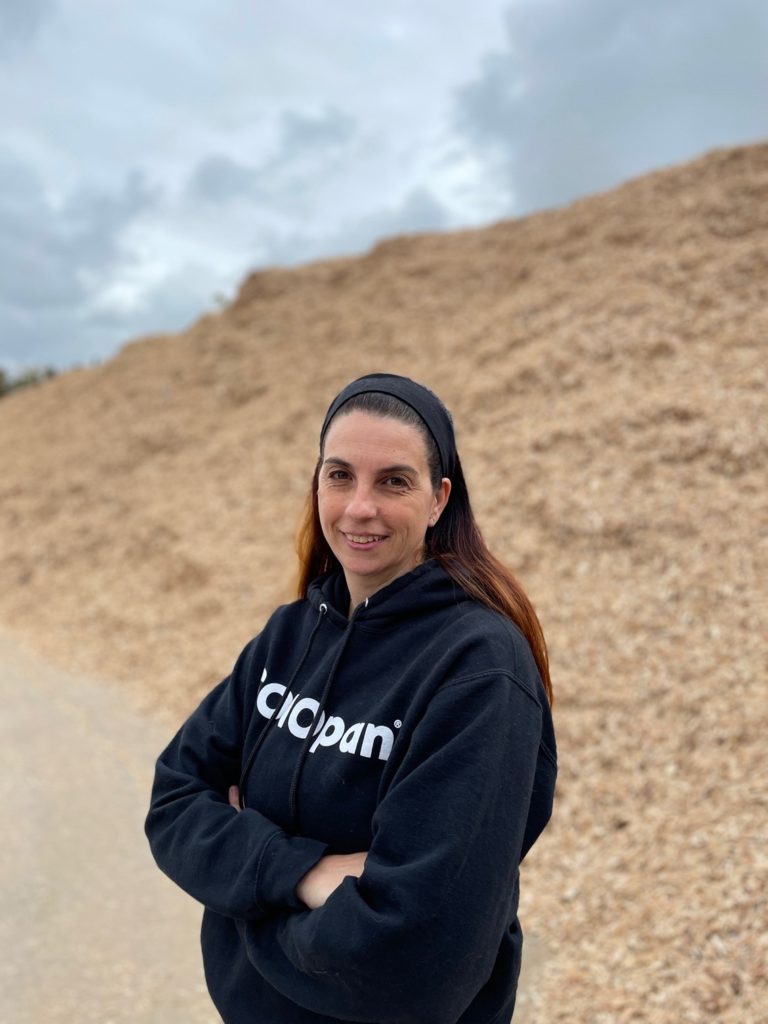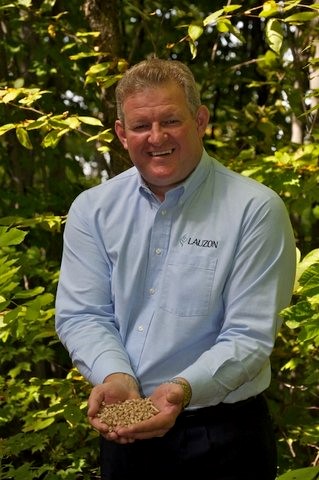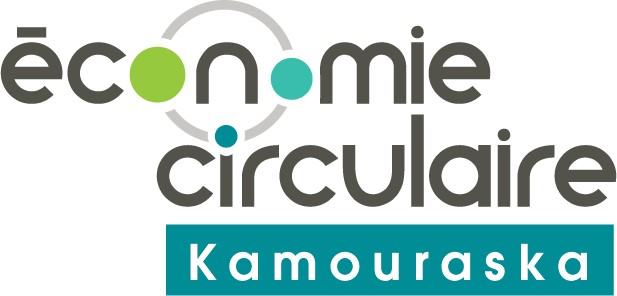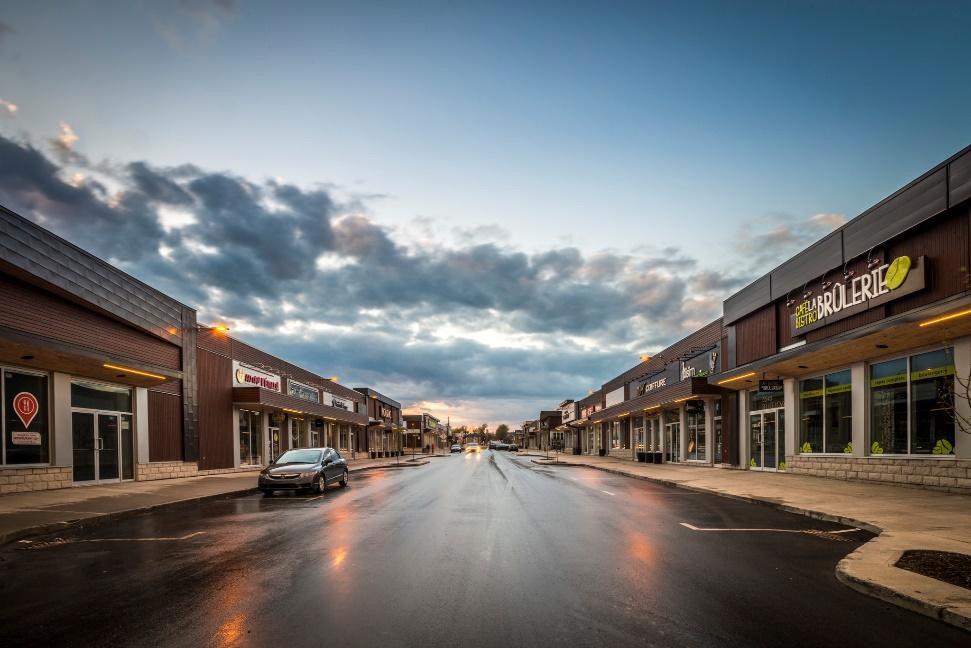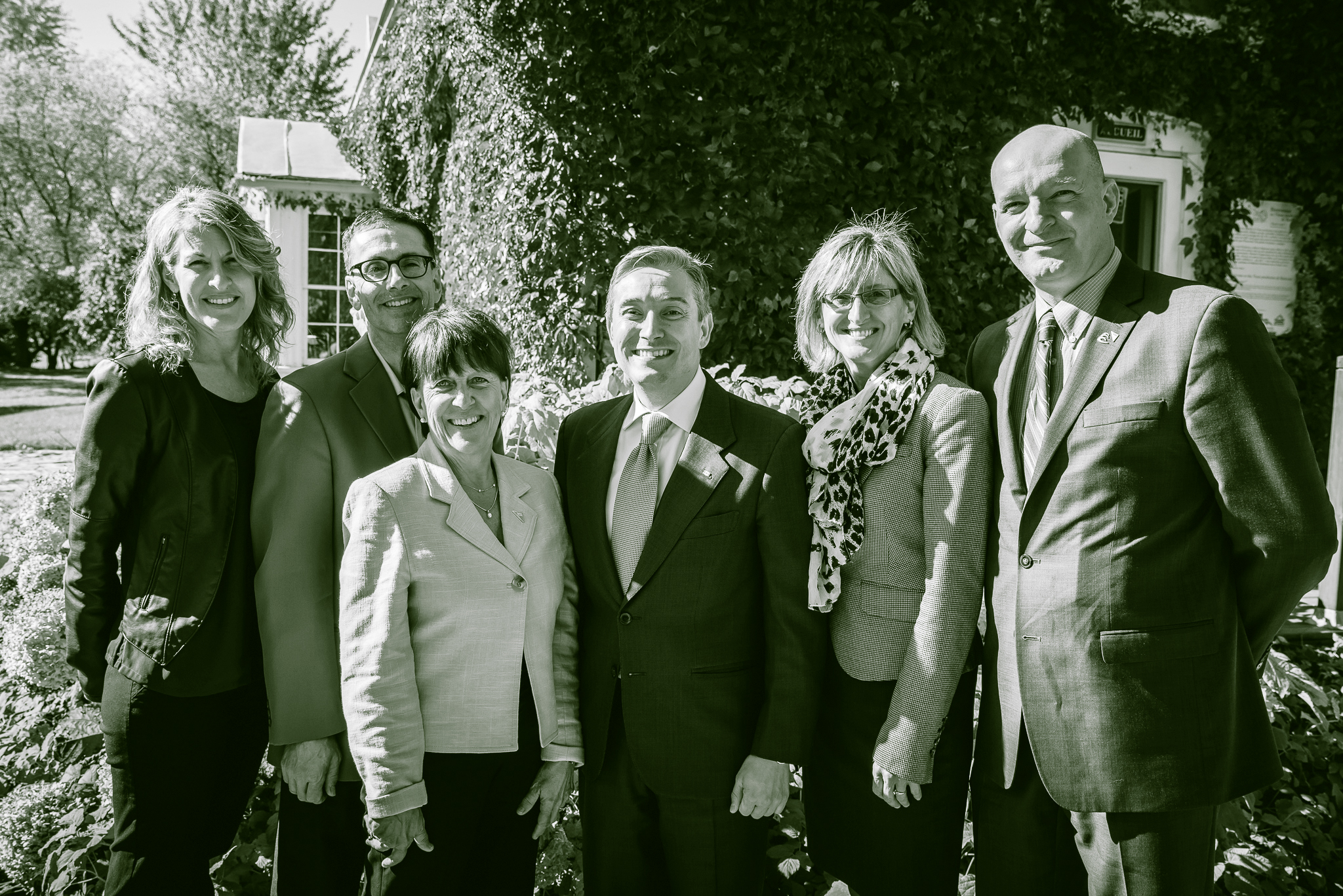Financial Support for SMEs in Quebec’s Regions: Nearly $40M to Drive Business Transfer and Support Green and Digital Transitions
Quebec, November 27, 2024 – The Réseau des SADC (Sociétés d’aide au développement des collectivités et des CAE (Centres d’aide aux entreprises) is essential to support Quebec’s SMEs. We are pleased to announce the launch of three new funds, totaling nearly $40 million in investments, aimed at addressing urgent needs faced by Quebec entrepreneurs. The SADC and CAE will offer new financial products in the form of loans to support business transfers and accelerate the green and digital transitions of SMEs.
“These new investments provide a concrete response to the major challenges faced by entrepreneurs in our communities. Thanks to their local presence, the SADC and CAE provide close support, enabling our network to react quickly and help SMEs pursue their growth, innovation, and sustainable development ambitions,” said Pascal Harvey, President and CEO of the Réseau des SADC et CAE.
Entrepreneurs will be able to access loans of up to $50,000 on favorable terms, including a two-year interest-free period. In addition to financing, the SADC and CAE will offer personalized support, training, tools, and access to a vast network of expertise and partners. The advisors at the SADC and CAE are familiar with the local economic challenges and benefit from boards of directors made up of local leaders, which are key factors in the success of businesses in regional areas.
Increased Support for the Future of SMEs
It is important to note that these new funds are part of new measures made possible by the recent renewal of agreements with Canada Economic Development for Quebec Regions (CED). In June, CED reaffirmed its commitment to the network as a key partner in regional economic development. The agreement represents an investment of $245 million over five years, providing the SADC and CAE with the resources they need to fulfill their ambitions.
“The Government of Canada is proud to support entrepreneurs across all regions as they grow and transition to a greener, more digital future. Access to new funds will help to not only strengthen the competitiveness of Quebec’s SMEs, but also consolidate the economic vitality of our communities. By working closely with the SADCs and CAEs, we are ensuring businesses receive the guidance and resources they need to succeed in an ever-evolving world.”
The Honourable Soraya Martinez Ferrada, Minister of Tourism and Minister responsible for Canada Economic Development for Quebec Regions
Strengthening Our Position in Quebec’s Economic Ecosystem
The Réseau des SADC et CAE is also clearly committed to strengthening its presence and positioning within Quebec’s economic development ecosystem by working complementarily with various stakeholders. As part of these new measures, our network will rely on the support of key players, including Centre de transfert d’entreprise du Québec (CTEQ) and Fonds d’action québécois en développement durable (FAQDD).
“The CTEQ welcomes the initiative of the SADC and CAE in establishing new funds. The Stratégie Transfert will directly contribute to the sustainability of our businesses engaged in the transfer process. Now more than ever, we support this strategy and are ready to collaborate with the Réseau des SADC and CAE, an organization that plays a leading role with our entrepreneurs, who in turn contribute to the economic vitality of our regions.”
- Alexandre Ollive, President and CEO of CTEQ.
“The announcement of these new funds will allow us to strengthen our complementarity with the SADC and CAE Network, a long-time partner with whom we share a common goal: to support and assist Quebec SMEs in their eco-responsible initiatives.”
- Nicolas Girard, General Director of the Fonds d’action québécois en développement durable FAQDD.
The Green Strategy of SADC+CAE is a lever to accelerate the ecological transition of SMEs, which is essential for achieving our environmental goals and the economic development of regions. In addition to the support provided by regional partners and advisors, this fund offers a concrete response to the challenges faced by SMEs eager to engage in this transition. Écotech Québec will continue to support SADC+CAE with initiatives like the GPSclimat platform, which accelerates the ecological transition of businesses.”
- Isabelle Dubé-Côté, President and CEO, Écotech Québec
About the New Funds:
The three new funds offer favorable terms, which may vary slightly from one SADC or CAE to another. Overall, the loans available can go up to $50,000. Interest-free for the first two years and three-month capital deferral, with the possibility of extending the deferral for up to two years.
Business Transfer Strategy Financing (web
- To facilitate business transfers in the regions, both for internal and family succession, as well as for the acquisition of businesses.
Green Strategy Financing
- To accelerate the green transition of small businesses in Quebec’s regions by supporting the adoption of eco-responsible practices or the implementation of clean technologies within businesses, such as optimizing energy efficiency, managing waste materials, or reducing greenhouse gas emissions.
Digital Strategy Financing (web link to come)
- To accelerate the digital transition of small businesses, such as the implementation of management systems (CRM, ERP), process automation, robotics, smart technologies, or enhancing cybersecurity.
About the Network of SADC and CAE
The Network of SADC (Community Futures Development Corporations) and CAE (Community Business Development Centers) includes 57 SADC and 10 CAE organizations that have been working for over 40 years to foster economic development in their communities. More than 1,000 professionals and volunteers support and finance over 10,000 entrepreneurs and 1,500 local economic development projects each year. www.sadc-cae.ca
Impact of SADC and CAE on Quebec’s Economy
Investments through the SADC and CAE yield significant returns! According to a study conducted by Aviseo Conseil for the period 2019–2023, the SADC and CAE contributed to a real GDP increase of $458 million in Quebec, of which $85 million resulted from loan investments, and $273 million came from the higher survival rate of businesses assisted by SADC and CAE after five years.
CONTACT INFORMATION
Christine Pilote, Director of Communications | Tel: 581-999-6363 | [email protected]





